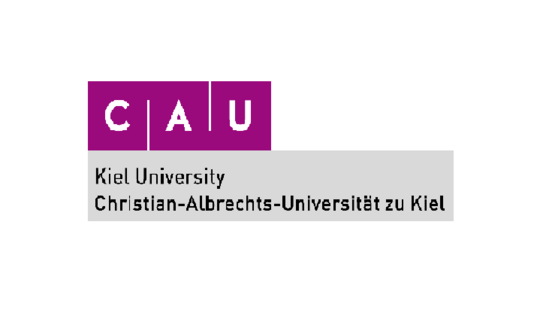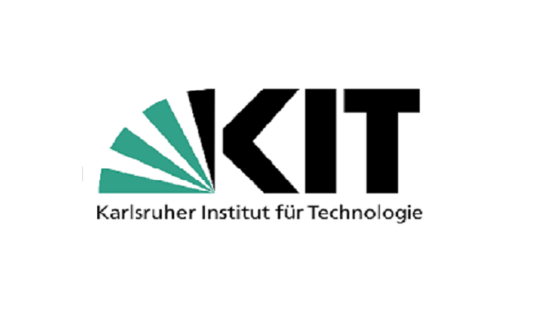DIPRO
DIPRO
Dialogues and process design in interaction of law, justice and governance
Dialog and discourse are key to understanding. How must the lengthy process be designed to create good conditions for this on the disposal path? This is the subject of transdisciplinary research in TAP DIPRO.
Further information can be found here.
Responsible: apl. Prof. Dr. Ulrich Smeddinck (KIT-ITAS)
Project work in TAP DIPRO
-
In order to sharpen the common goal in TAP DIPRO, an overarching research question was developed by all partners together:
How and with what results can transdisciplinary dialogues with practice partners* about law, governance, justice be conducted and what contribution do they make in designing a good waste management process?
Insert the research question graphic here (at least our original one, then with the changes from BG if necessary).
To address this research question, the following research objectives will be pursued in DIPRO based on disciplinary and interdisciplinary research, enriched by the transdisciplinary formats:
Analyze framing, discourses, and narratives to investigate who talks about radioactive waste and its disposal and how.
Develop a theory of "wicked communication" that links discourse ethics and rhetoric.
Investigate the relationship between participation and legal framework in the StandAG and related issues regarding legal language.
Design and elicitation of compensation scenarios taking into account burden and responsibility sharing
joint economic consideration of dismantling, storage, site selection and final disposal, taking into account engineering science findings
inter- and transdisciplinary evaluation of the control media money, law, politics, technology and argumentation
reality test of democracy and participation research in dialogue with stakeholders to enable a "good" participation culture in repository governance
Accompaniment of dialogue processes and search for ways of confidence-building knowledge preparation and communication
Establishment of a multimedia workshop for the traceability and transparency of the disposal process
-
The starting point for the transdisciplinary research in TAP DIPRO is the issue of justice.
Questions of justice are particularly important in relation to the final disposal of highly radioactive waste (HAW) in our society and are central as drivers for the governance of our society.
The "how" of realization is reflected in the struggle for fair and transparent decision-making processes, which is accompanied by the currently progressing site selection process.
The feeling of being treated unfairly is - in addition to the fear of danger - a significant cause for social dispute, and the negotiation of justice is thus one of the greatest political challenges...
The reasons for the perception of justice or injustice lie in:
the potential hazard posed by the waste materials
the design of the regulatory framework
the political governance of the repository
economic justice
adverse conditions caused by local social conflicts
the nature of political participation formats
the real and practical transferability of proposed solutions.
What is considered just or unjust is clarified in the communication and procedural steps, from which the necessity of the transdisciplinary research approach is derived.
The thematic corridor focuses on dialogues and process design in the interaction of law, justice and governance supported by direct transdisciplinary work with the accompanying group installed in DIPRO (DIPRO-TD).
The following research topics will be addressed in the thematic corridor:
Dialogue and Communication
Regulatory law, "soft" forms of regulation, learning law
Media of regulation
Distributive, compensatory and procedural justice
Technology mediation in the socio-technical process
Role of media and information design
-
The work program in DIPRO is characterized by a disciplinary preparation of facts, the interdisciplinary understanding of them and, in the core of the research work, by workshops in which various transdisciplinary formats will be applied according to the topics set.
In the first year of the project, an accompanying group of randomly selected persons was set up to work in a transdisciplinary team for the entire duration of the project in DIPRO.
The transdisciplinary work package is divided into three modules:
- Module 1: Scientific preparation of the transdisciplinary work and specification of TD concepts, formats and methods (1st year).
- Module 2: Practical module with three workshops for participants from the non-academic sector (stakeholders), each dealing with different aspects of justice, law and governance. Workshop series on site stewardship at various interim storage sites.
- Module 3: Scientific synthesis
The discussion events in the workshops are prepared in detail in cooperation with the accompanying group, supported by multimedia and evaluated afterwards - by the TAP participants as well as by the accompanying group. The DIPRO partners take turns in organizing the workshops. However, all partners are represented at the workshops.
In the modules of the TAP SAFE, disciplinary and interdisciplinary investigations of aspects of the safety case are carried out in addition to the aforementioned work, which are incorporated into the transdisciplinary formats described. A visual representation on the modules, interfaces and collaborations can be found here.
-
The strength of transdisciplinary research lies in the opening of the scientific view for other forms of knowledge and perspectives on a problem field. In this way, a much more robust knowledge of problems, goals, and actions can be generated. In order to ensure that no perspectives and forms of knowledge are lost from consideration due to an overly disciplinary scientific view, the DIPRO Support Group (DBG) is needed. This group consists of citizens who are interested in the questions and problems of dealing with radioactive waste and who want to contribute to the research process on the DIPRO topics. They thus support the process of co-production of knowledge in TAP DIPRO.
Meanwhile, the DBG comprises six members consisting of two female and four male members. They come from different parts of Germany, are between 26 and 65 years old and offer a wide range of different professional backgrounds and professions to look at the issues of final disposal. The first joint meeting took place in October 2020.
These citizens* are now collaborating with scientists* from DIPRO on research over 4 years. The support group helps the scientific community to broaden its view and not to overlook essential aspects, both with regard to the site search procedure and the DIPRO workshops. It is not only a corrective for a possibly too one-sided perception through scientific glasses, but it also gives the DIPRO scientists important impulses: Do we, for example, have to look differently at discourses and developments in connection with the site search or set our research focus anew?
To this end, in DIPRO with DBG, we will go through three basic stages of joint collaboration again and again: we will formulate joint research questions, produce knowledge, and DBG will evaluate research results generated in DIPRO.
In the first phase of the joint collaboration, we first developed a mutual understanding of motivations, interests, and perspectives between DBG members and DIPRO colleagues. In an internal workshop on 08 May 2021, we developed a common understanding of the problem and formulated initial research questions. From this workshop, the joint research work will now begin.
In addition, the DBG will help to evaluate the design and content of the planned DIPRO workshops over the duration of the project and reflect on them together with the DIPRO team. Thus, it will also be involved in the design of the DIPRO workshops in Kiel and Berlin in November 2021 and participate in them to accompany the discussion process.
Brief flashback: how were DBG members recruited?
In the context of TAP TRUST, citizens were already actively contacted via a professionalized survey to establish the AGBe - another group of citizens who accompany the researchers in TAP TRUST and TAP SAFE - and asked to apply. Thus, a pool of interested citizens* already existed here who had expressed a strong interest in collaborating in the TRANSENS project.
From this pool, we were finally able to recruit 5 people of different age groups and from different parts of Germany for cooperation in the DBG. In order to additionally achieve a gender-balanced distribution, women from the wider voluntary context of the site search were again explicitly approached.
In addition to the greatest possible diversity in terms of age, spatial distribution, professional background and gender balance, it was also important that the members should not have any professional interest in the site search.
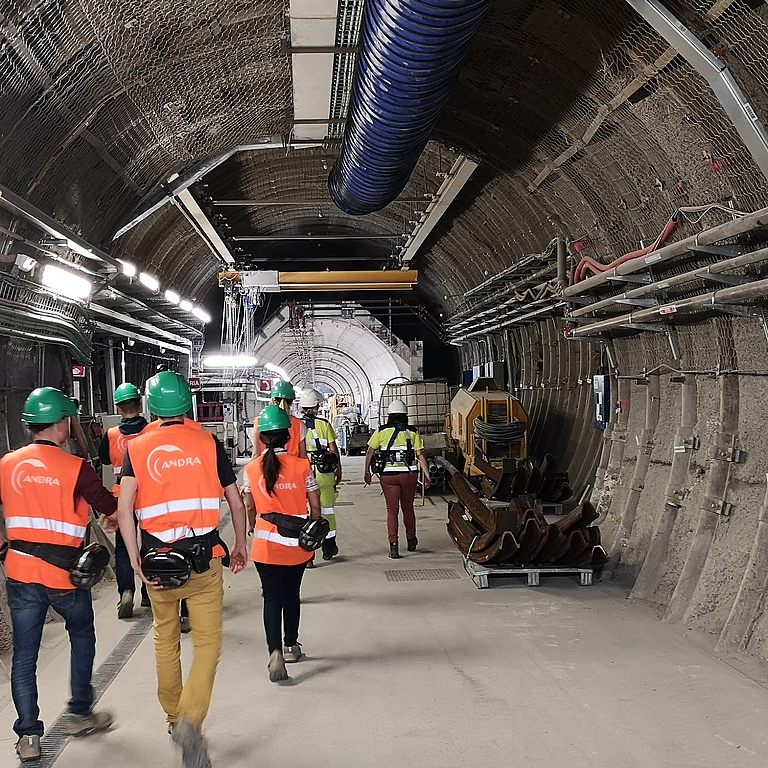
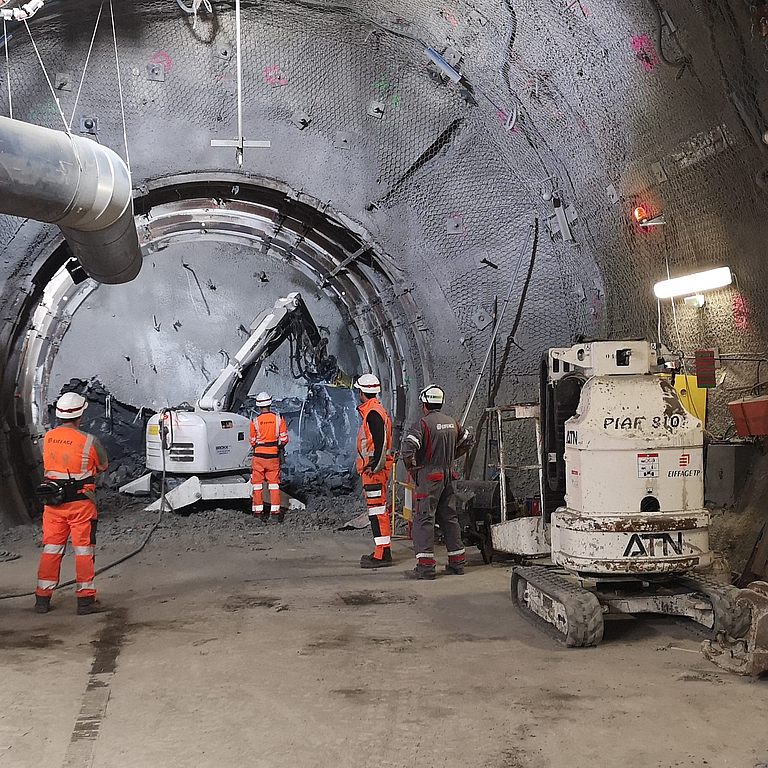
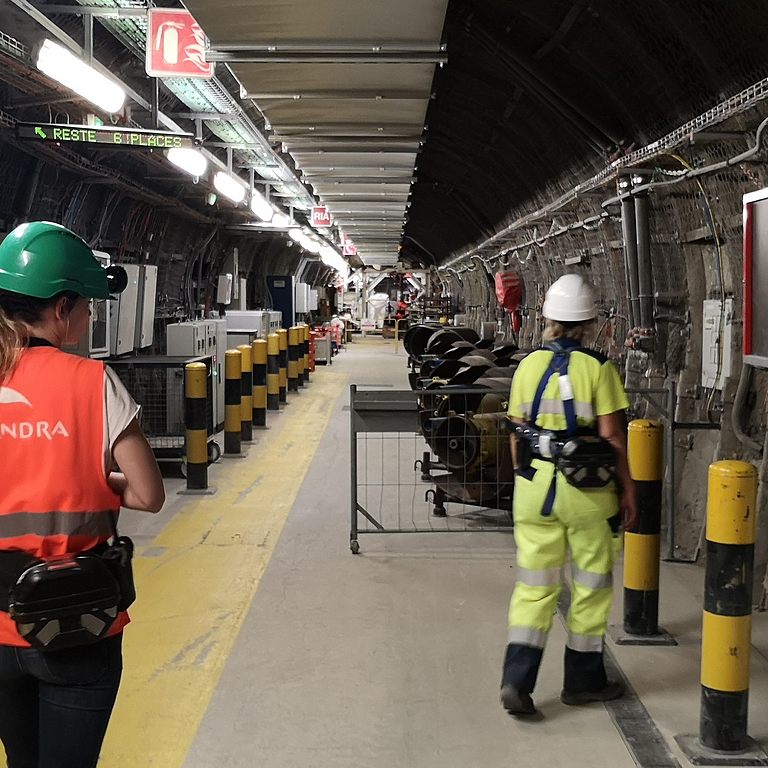
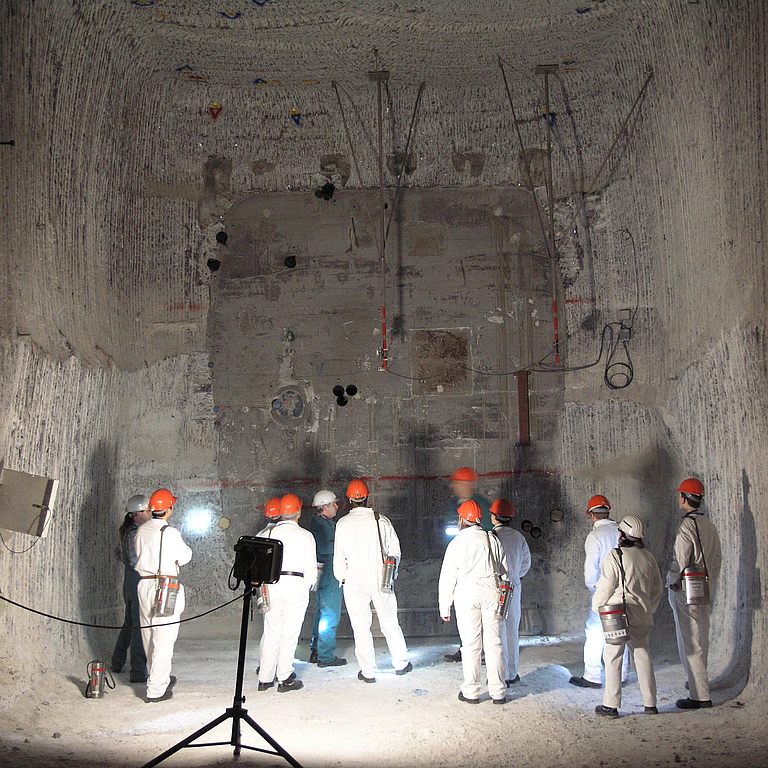
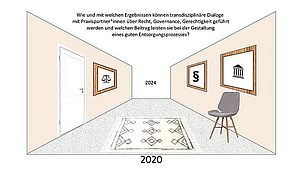
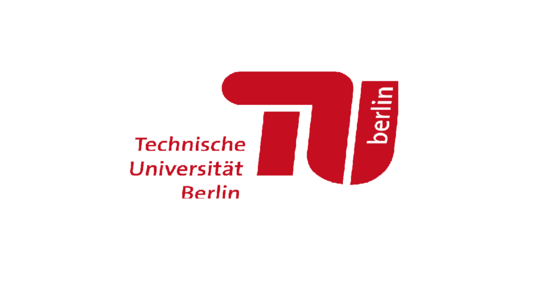
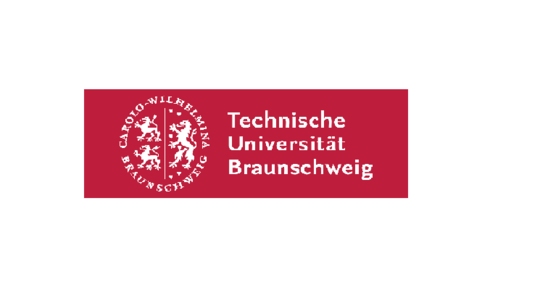
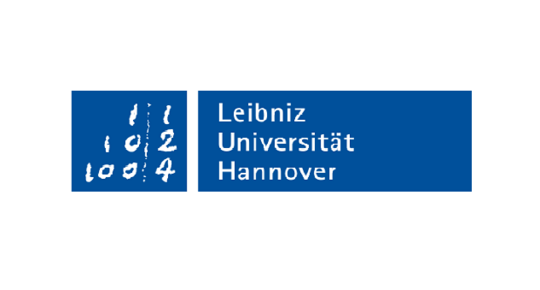
![[Translate to English:] [Translate to English:]](/fileadmin/_processed_/8/1/csm_UniBerlin_2090fb9c61.png)
